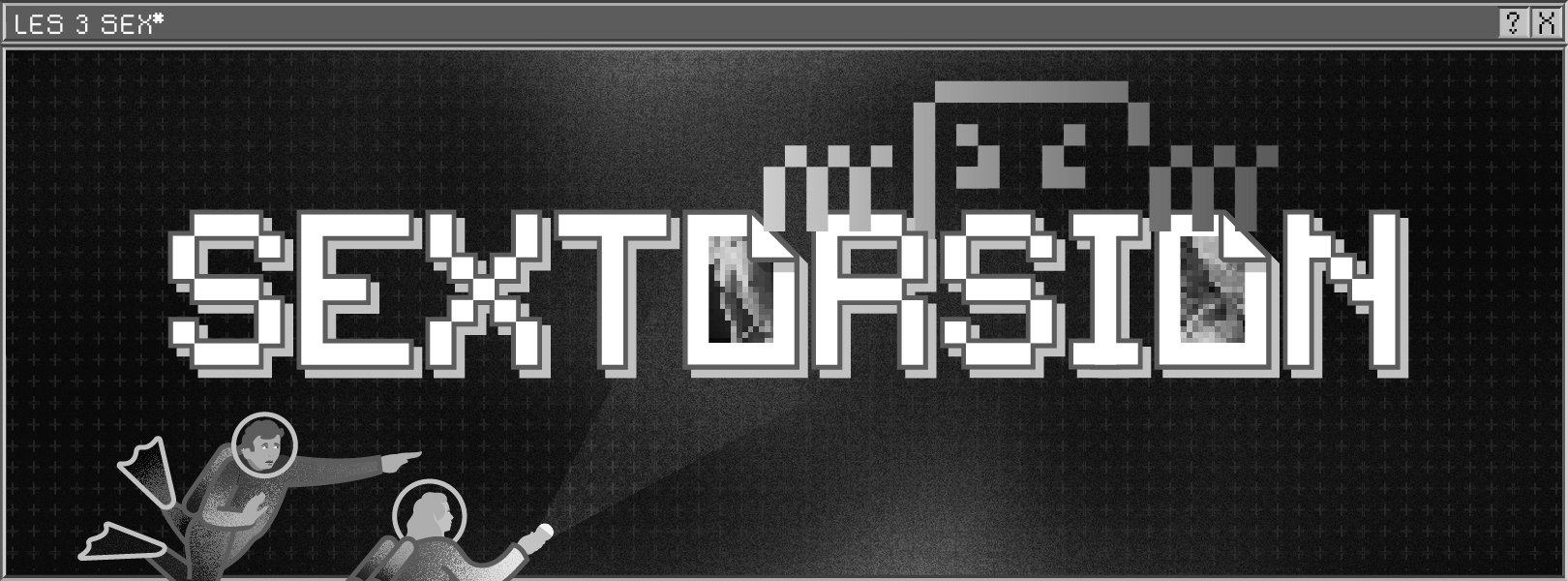Project funded by Canadian Heritage
In partnership with Chaire Raoul-Dandurand en Études stratégiques et diplomatiques
The ubiquity of the Internet and mobile devices in our society means the advent of new sexual practices. Despite the benefits of these changes, navigating a universe at the frontier of the virtual and physical world is not without risk. We are witnessing a cyber migration of rape culture issues, marked in particular, by multiple forms of sexual violence facilitated by technology (romantic fraud, revenge porn, catfishing…), and we are seeing a sharp increase in sextortion targeted cyberattacks (UNODC, 2020).
To date, there is no clear definition of what sextortion is, and its nuances are not entirely understood. Sextortion is a phenomenon situated at the intersection of sexual, marital, psychological, economic and computer violence, and concerns any act aimed at restricting the agentive capacity of certain people for fraud or political control.
In this context, the project aims to provide an operational and theoretical definition of sextortion, popularize new scientific, sexological and political knowledge related to sexuality and cybersecurity, and promote a culture of consent online.
The project has four components:
-
The production of a research report on the sexological, sociological and legal issues surrounding sextortion, and develop a clear and operational definition of the concept. The report will be sent to political and legal non-governmental bodies.
-
The publication of two articles by researchers from the Chaire de recherche Raoul-Dandurand en études stratégiques et diplomatiques.
-
The dissemination of the results of the research report and proposed definition of the phenomenon during a seminar attended by researchers from across North America.
-
The creation and dissemination of an interactive tool in the form of an online game, aimed at educating about the various forms of sextortion and promoting a culture of consent in online sexual practices.
***
Chaire Raoul-Dandurand en études stratégiques et diplomatiques
Created in 1996 and located at the l’Université du Québec à Montréal, the Chaire Raoul-Dandurand en études stratégiques et diplomatiques has a mission of analysis, training and dissemination to universities, state agencies, international organizations, the private sector and society. For its part, the Observatoire des conflits multidimensionnels (OCM), inaugurated in 2019 thanks to the financial support of the National Bank of Canada, aims to study the new power strategies deployed on the international scene to destabilize the states, weaken their institutions and political processes or undermine their systems and critical infrastructures. Misinformation, cyberattacks, espionage and “social engineering” are among the main phenomenon studied by the OCM.
Articles [french only]:
Le ransomfake, de la sextorsion au chantage politique by Gabrielle Gendron [➦]
Personnel militaire : de la sextorsion au « sexpionnage » ? by Alexis Rapin [➦]

Comments